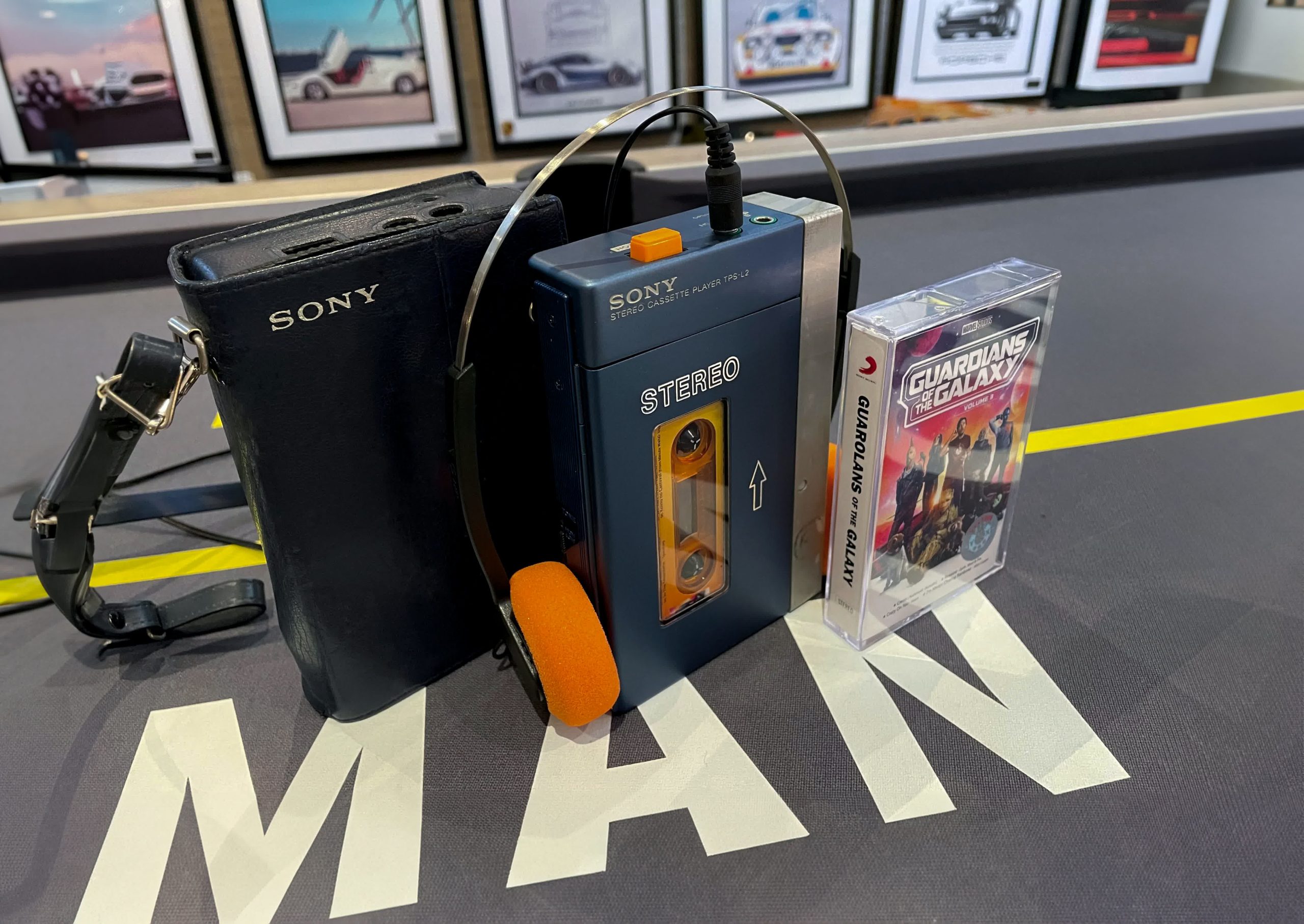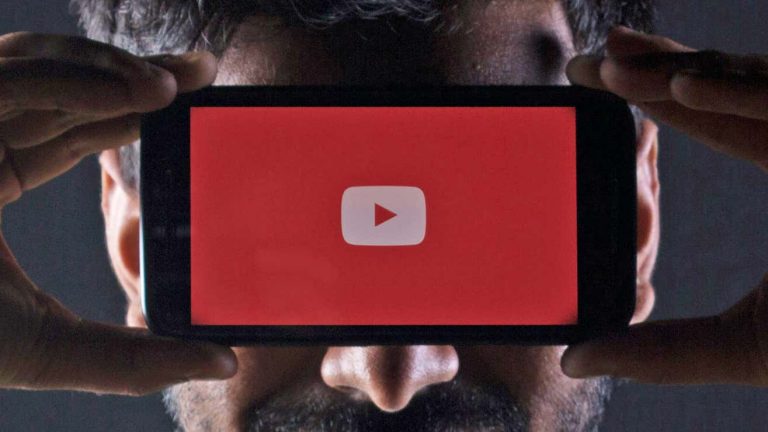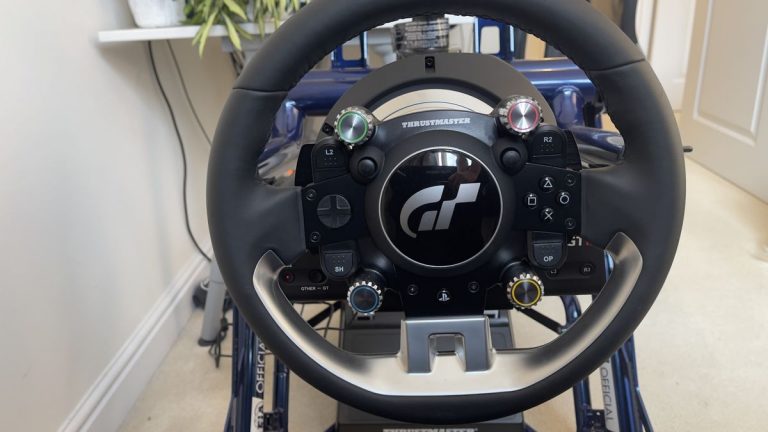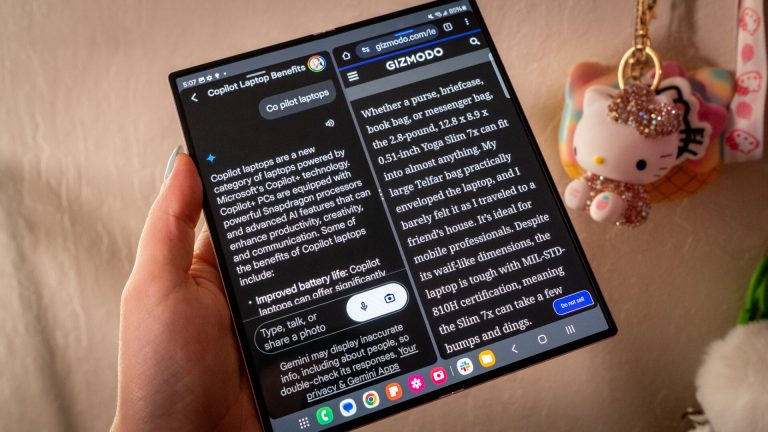Revolutionary Sony Walkman: Pioneer of Portable Music Entertainment (1980s)

The Sony Walkman was more than just a revolutionary device – it was a cultural phenomenon. Until the 1970s, listening to music was a social activity, with handheld transistor radios and boomboxes dominating the scene. But the Walkman changed all that, offering a personal and portable way to enjoy your favorite tunes.
The story of the Walkman begins with Sony’s co-founder, Masaru Ibuka, who had an epiphany on a flight. He realized that the Pressman handheld cassette recorder could be transformed into a portable music player by removing the speaker and adding a stereo amplifier. And thus, the Walkman was born.
The first Walkman, the TPS-L2, was launched in 1979 and was an instant hit. Its compact design and dual headphone jacks made it the perfect companion for commuters, athletes, and anyone who wanted to enjoy their music on the go. The name “Walkman” was chosen because it was designed to be worn while walking or exercising.
But the Walkman’s success wasn’t without its challenges. Early models were bulky and relied on physical shock resistance mechanisms to prevent skipping during movement. Later models used a RAM cache to improve performance. And let’s not forget the infamous ” Audio Home Recording Act” of 1992, which restricted dedicated consumer digital recorders (but not computers) to creating read-only copies of songs.
Despite these challenges, the Walkman continued to evolve and innovate. The Discman, launched in the early 1990s, allowed users to play CDs on the go. And the MiniDisc format, introduced in 1992, offered a more portable and user-friendly alternative to CDs.
But the Walkman’s greatest legacy may be its impact on the music industry. It helped to popularize the concept of personal music ownership and paved the way for the rise of portable music players like the iPod and MP3 players. And although the Walkman itself has largely disappeared from the market, its influence can still be felt in the way we consume and enjoy music today.
In the end, the Walkman’s story is one of innovation, perseverance, and a passion for music. It may have started as a simple device, but it ended up changing the world.






